How to Drive Traffic with Smart Keyword Targeting
The competitive world of online marketing determines a large extent of success for an online presence by understanding your target market and speaking the language. One would imagine that moment when a potential customer turns to a search engine with a query that aligns perfectly with the offerings being presented. Such is not by accident but through strategic planning and precision in its executions. The only way to really stand out in this crowded digital landscape is by harnessing the power of keyword targeting.
What Is Keyword Targeting?
Keyword targeting involves identifying and applying the most commonly typed words or phrases that are used by potential customers in search engines while looking for a product or service or obtaining some information. Carefully chosen keywords assist businesses in matching online content with the intent of the users and subsequently increase the right traffic flow that ultimately converts. Through mastering keyword targeting, businesses will be assured of content that is both accessible to the target audience and responds to their needs and interests.
Seven Critical Keyword Targeting Elements
Optimizing several different components of your content is essential to an effective keyword targeting strategy. Here are seven key elements to pay attention to:
Page Title : The title of your page is what both search engines and users will first notice. Your primary keyword is included, thus making it improve the relevance and visibility of your content. An effective title must be attractive, short, and informative in including your target keyword naturally.
Headline : Headlines are what actually capture the attention of the users and lead them to click through further. Thus, if your headlines contain keywords, they would be interesting for the user, as well as for the search engine.
Body Text : The main content of your page should organically contain your targeted keywords. Avoid keyword stuffing, however, as it can hurt the readability and rankings of your page in search engines. Instead, focus on creating quality, well-written content that uses keywords organically and with restraint.
URL: A clean, keyword-rich URL structure will make your page both user-friendly and let the search engine know what it’s about. Your URL should be easy to read, and your main keyword should appear there.
Images and Image Alt Attributes : Images create a visual aspect for your content. However, images also open up an opportunity to use keywords. For images, use descriptive file names and include related keywords within the alt attribute for improved accessibility and SEO.
Internal and External Links : Referrals to other, related internal pages and good third-party sites boost the credibility of your site along with its usability. Make the anchor text by using keyword and making your relevant content strong.
Meta Descriptions : A relevant meta description can briefly sum up your content and drive people to click through. Inclusion of targeted keywords in the meta description increases the chances of better ranking and enhancement of the click-through rate in a search engine.
How to choose the best keywords?
When it comes to choosing the proper keywords, both research and analytics are necessary plus understanding the targeting audience. It is as following:
Know Users’ Intentions : Identify why your audience visits your site for information, purchasing, or product/service searching
Use Keyword Research Tools : That include Google Keyword Planner, SEMrush, and Ahrefs, will be able to find the high-performing keywords and the ones under research in terms of search volume, competition, and relevance.
Long-tail keywords : These are specific phrases that, very often, come with lower competition but higher conversion potential.
Analyze Competitor Keywords : Identify gaps or opportunities in competitor keywords by studying which ones your competitors target.
Prioritize Relevance : Ensure that the keywords you choose are relevant to your content and solutions.
Keyword targeting is at the heart of successful digital marketing as it allows for meaningful engagement with a target audience. Optimizing titles, headlines, body text, URLs, and more, therefore, will add to the strength of your content. Choosing which keywords to utilize, however requires a strategic blend of audience knowledge and careful research. This means achieving the skill through which your contents not only are reaching the people but also results in desired results that make keyword targeting an invaluable addition to your weapons in digital marketing.
Enquiry
Recent Updates
- 12 February 2025
- 12 February 2025
- 12 February 2025
- 12 February 2025
- 12 February 2025
- 12 February 2025






